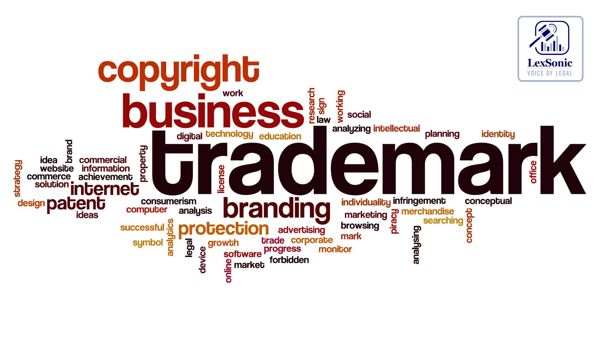Supreme Court Stays Bombay High Court Order in Kirloskar Trademark Licensing Dispute.
17 October 2025
Trademark Registration >> Intellectual Property Rights
The Core Dispute: Trademark Rights and Injunction

The High Court's Contradictory Orders:
Order of July 25, 2025: This order mainly suspended the trial court's injunction. It placed a limited restriction to the effect that although KPL may issue a license for the use of the Kirloskar mark by its member companies, it "shall not assign the mark to other Kirloskar group of companies for use in respect of similar/overlapping business of Kirloskar Brothers."
Order dated October 10, 2025 (Modification): This modification order corrected or altered the July 25th order, significantly widening the sweep of the restraint. The modification injuncted KPL not just from assignment but even from licensing the trademark to group companies for similar/overlapping business with KBL.
The Interim Intervention of the Supreme Court:
Senior Counsel for KBL, Dr. A.M. Singhvi, replied that the amendment only fulfilled the traditional group practice of avoiding conflicting interests and urged the Supreme Court not to intervene at this juncture.
The Apex Court's Prima Facie View:
The Final Order:
- The effect and operation of the order dated October 10, 2025, whereby the previous order dated July 25, 2025, was amended, stand stayed.
- This vital interim stay implies that the initial position of the July 25, 2025, order of the High Court—allowing licensing to member companies while restraining assignment to others doing similar/overlapping business—is restored, giving an immediate relief to KPL on the question of licensing until the next date of hearing. The case stands scheduled for further hearing on November 4, 2025.
